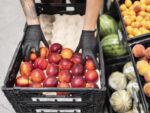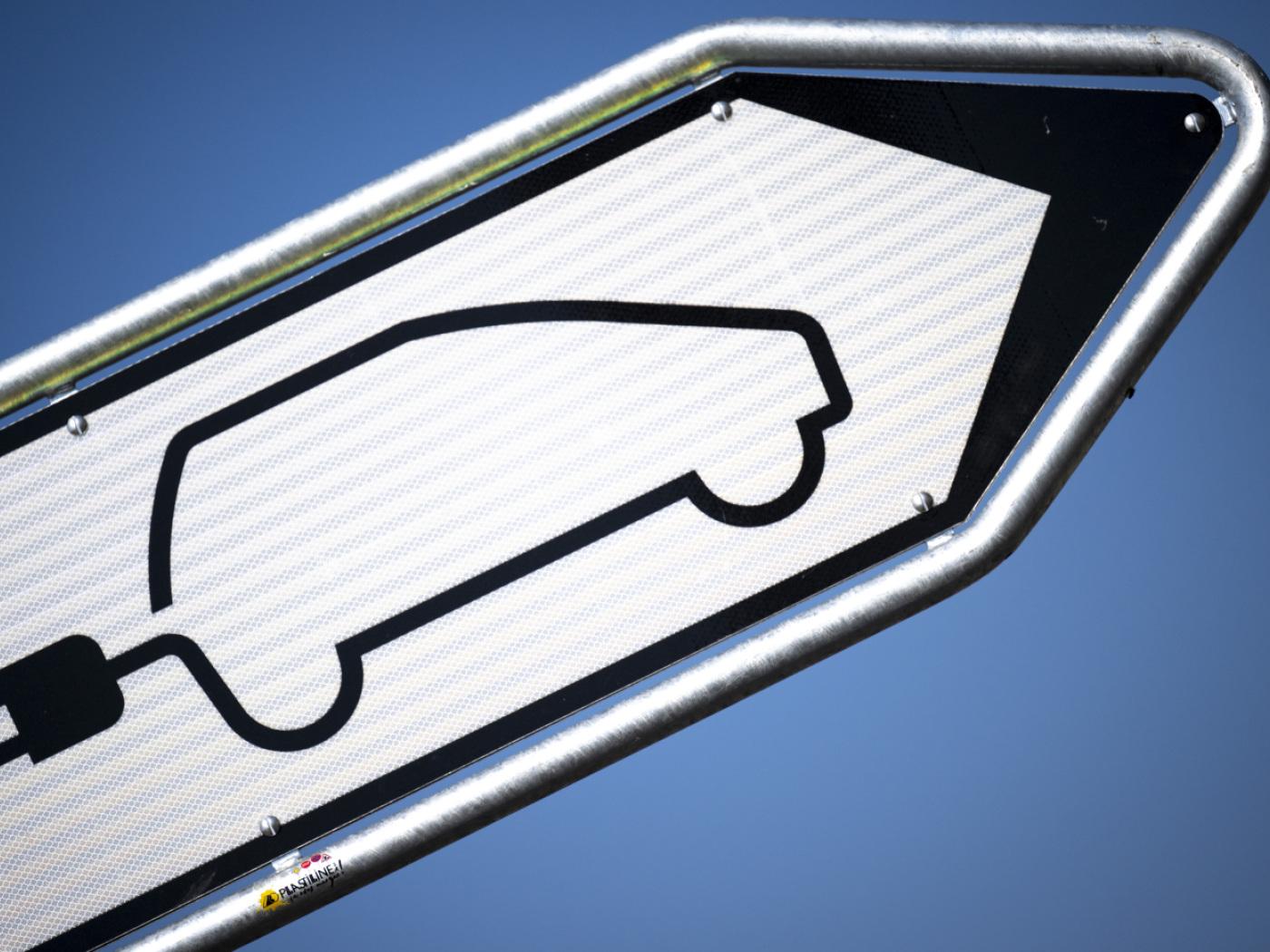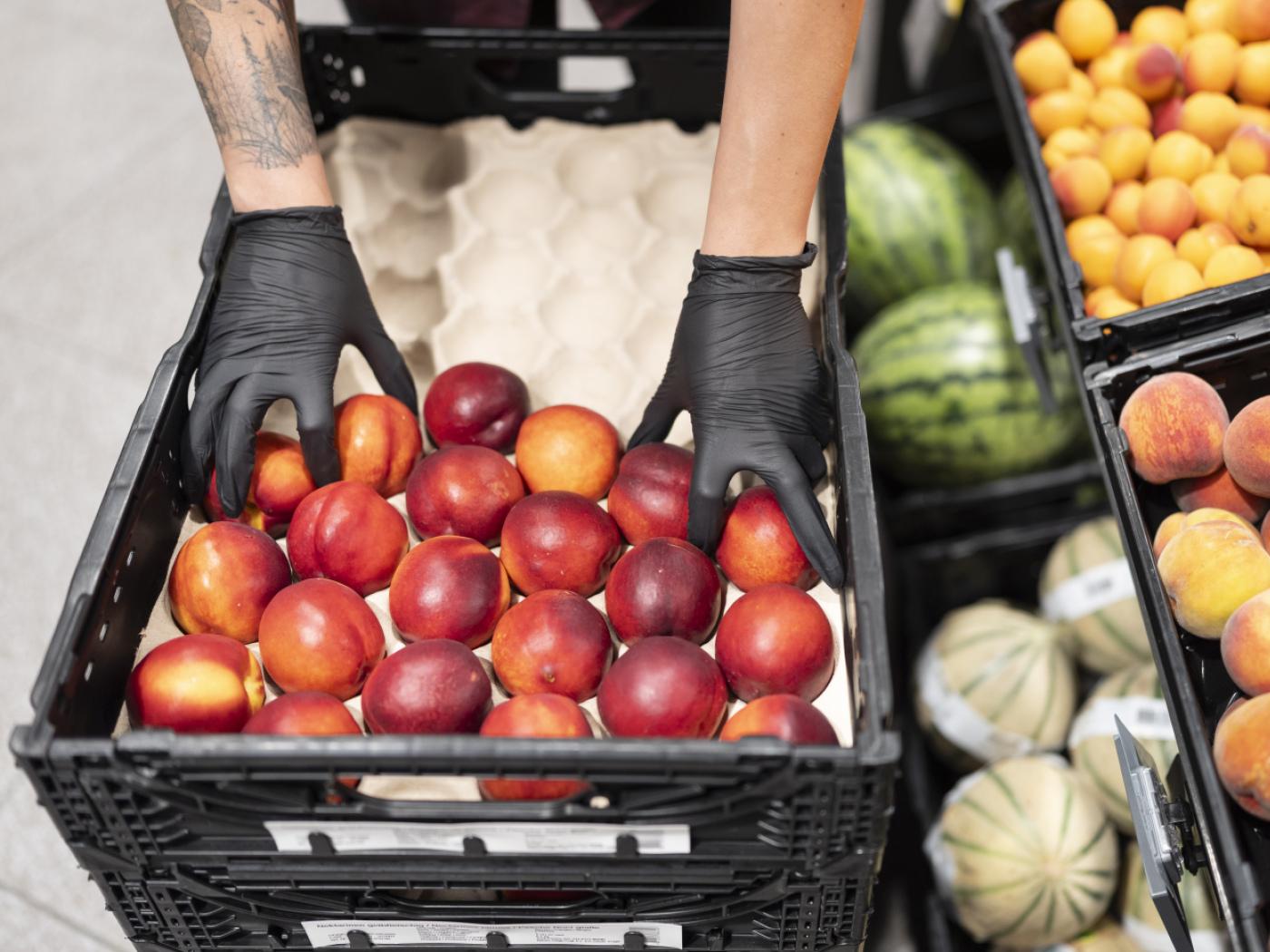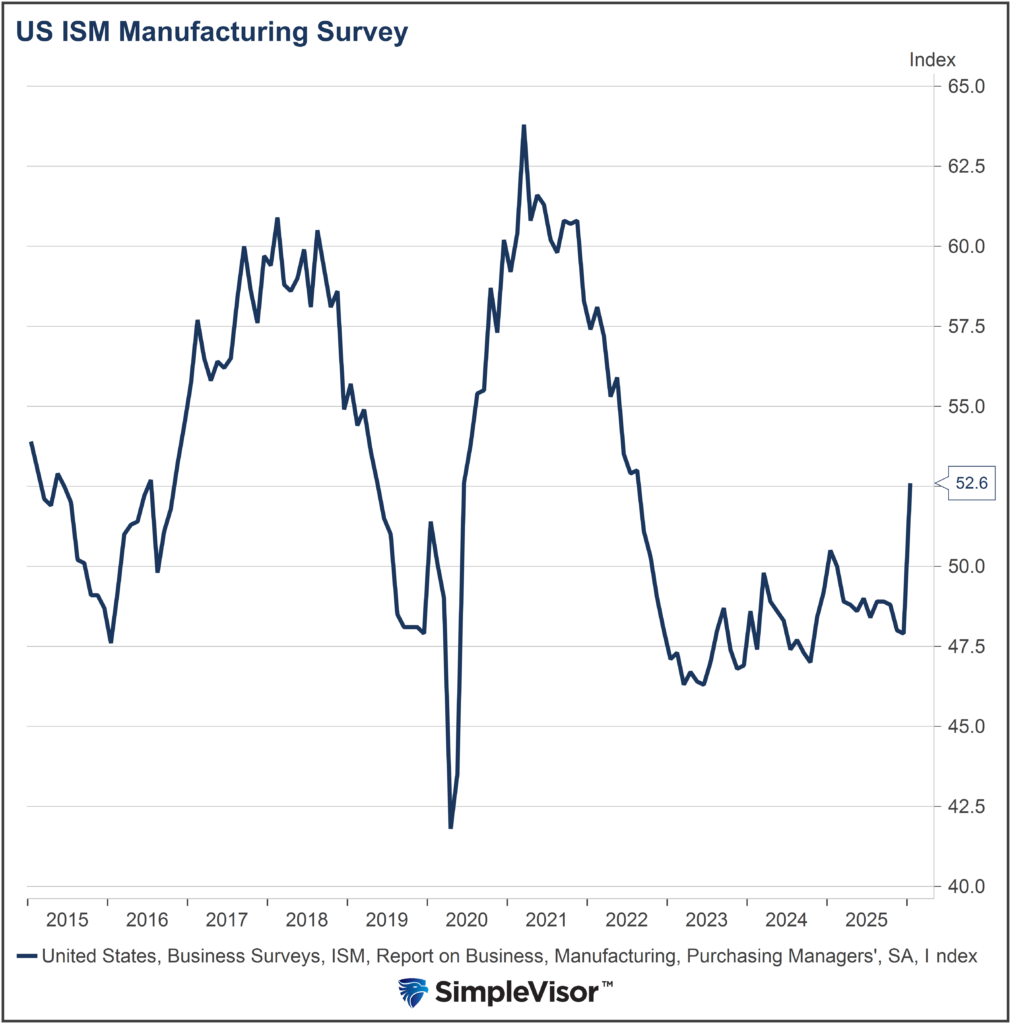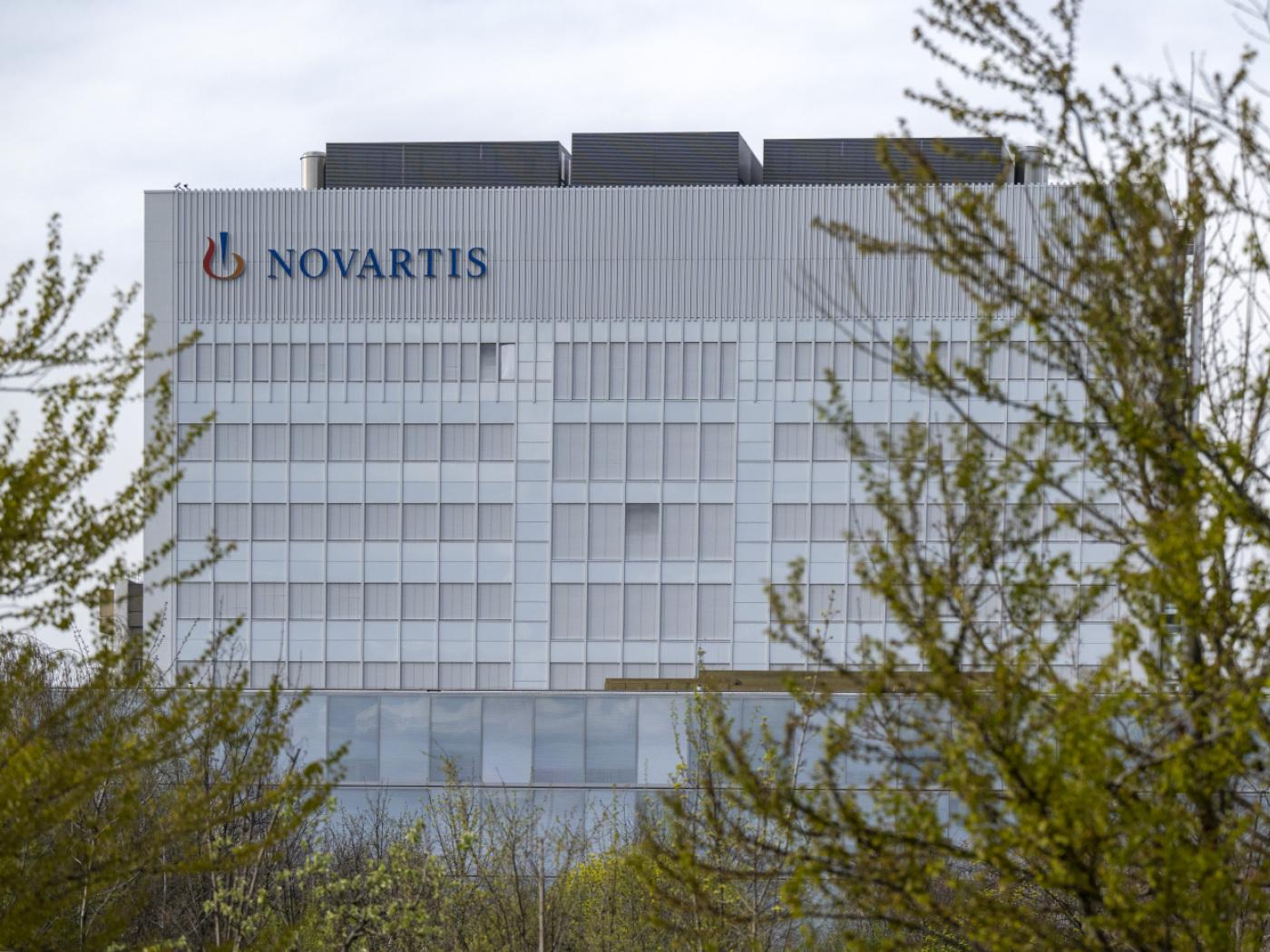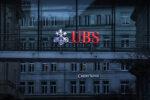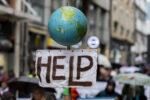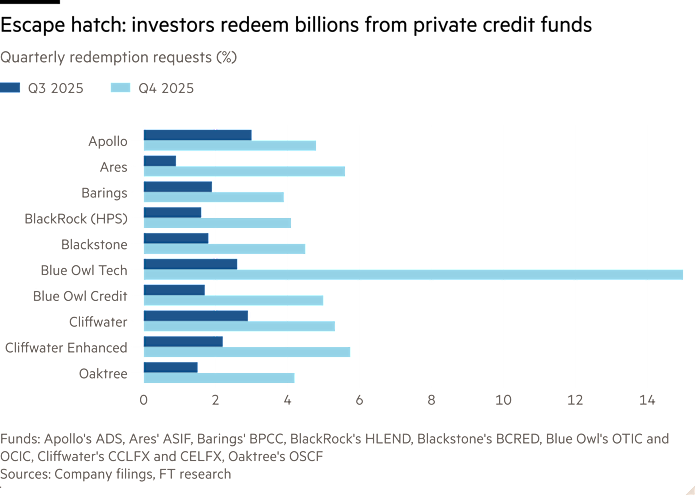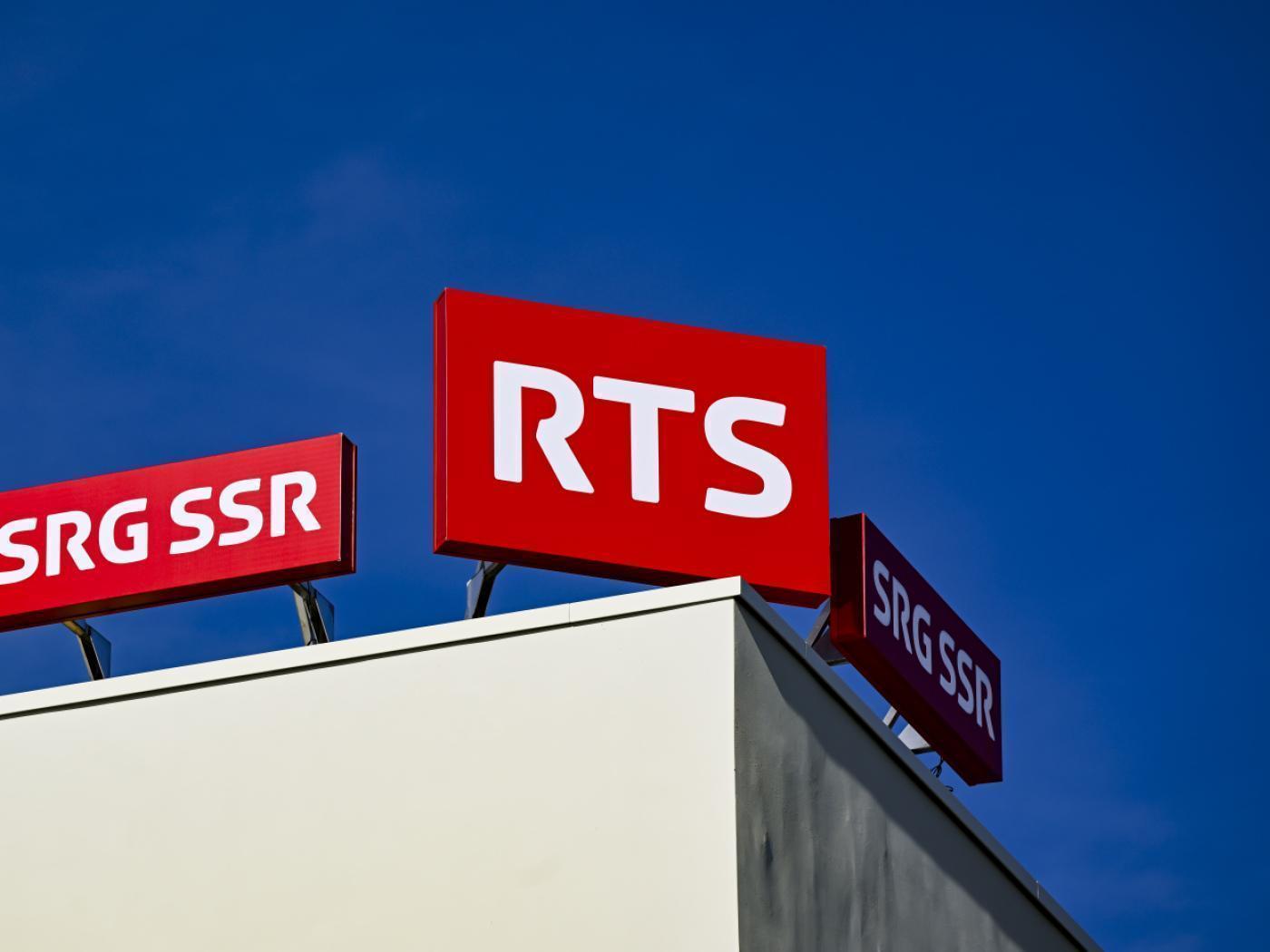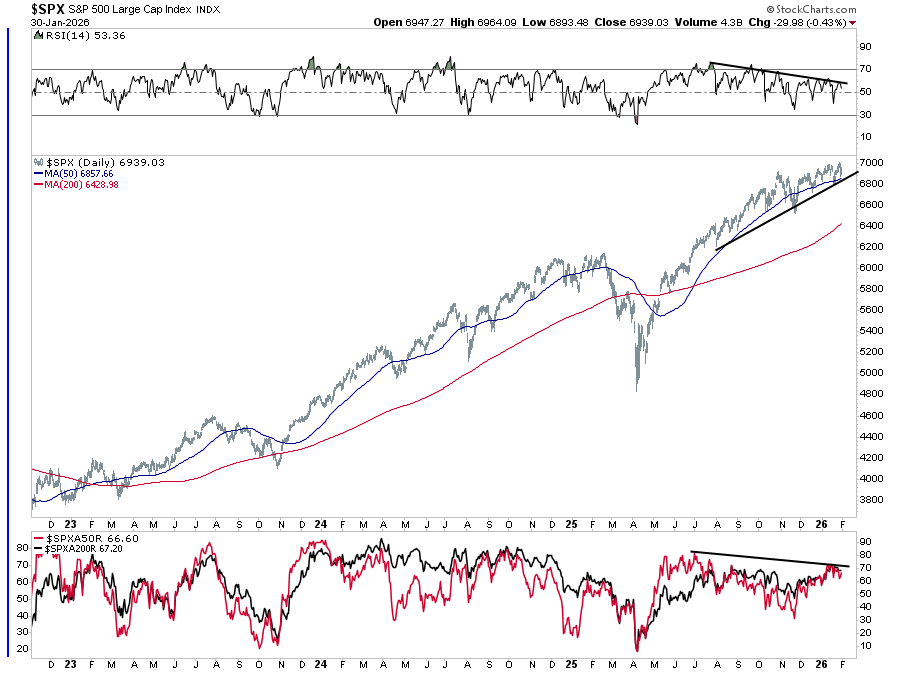Death threats, insults, posters vandalised or set on fire: the campaign for two initiatives against pesticides to be put to the vote on June 13 is extremely tense. This toxic climate highlights a deep malaise in the Swiss agricultural world.
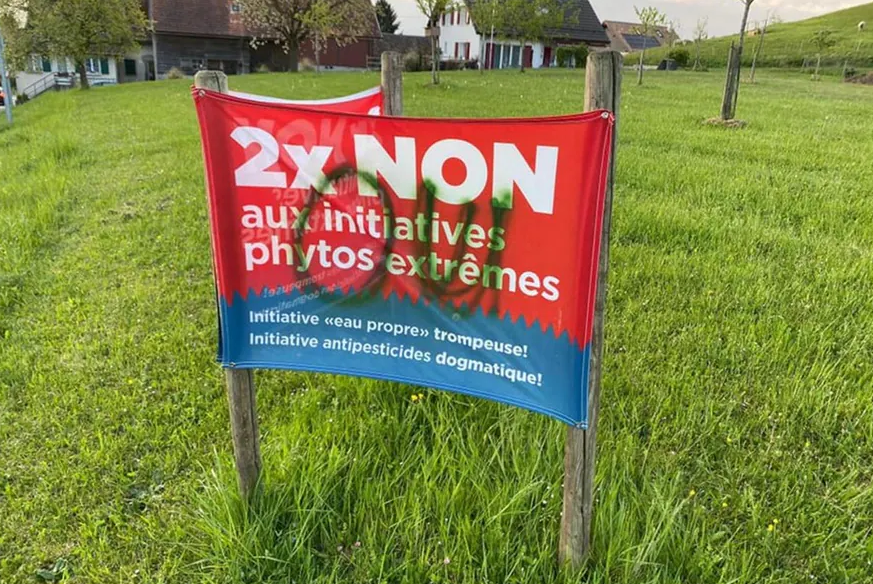
Scenes of vandalism are becoming regular features as two initiatives that seek to ban pesticides come to a vote in June. Union suisse des paysans
“My children live in fear because they have suffered attacks and insults on social media for weeks. They have forbidden me to put up a banner in favour of the anti-pesticide initiatives on my farm out of fear of reprisals,” says one organic farmer who works in a small French-speaking village on the Swiss Plateau and is anxious to remain anonymous. “Personally, I don’t mind being insulted all day by my colleagues – I have thick skin. But I want to protect my family from this fight among farmers, which has become really deplorable and unhealthy,” he tells SWI swissinfo.ch.
It’s rare for a Swiss campaign ahead of a double referendum to stir up such fiery tempers. In recent weeks Switzerland has known countless acts of vandalism across the country, including an arson attack on a trailer with a banner saying “no and no again” to the anti-pesticide initiatives in the canton of Vaud. Prométerre, the Vaud agricultural workers’ association, denounced the attack as a “terrorist attack”; wording that hardly serves to calm nerves.
The tarpaulins and posters sprouting up across rural parts of the country are regularly ripped or graffitied. These desecrations affect both those for and those against the two popular initiatives, which aim to introduce a progressive ban on agrochemicals in Switzerland. Swiss President Guy Parmelin, who is deeply engaged in the “no” campaign, appealed for calm earlier this month. “Violence doesn’t get us anywhere. I insist that we discuss the texts,” the former farmer said on Swiss public television RTS.
Unprecedented tensions
His words were clearly not heard by the most radical fringes of militants opposed to the two initiatives. “Eradicate this pest!” “People like this belong in prison!” and “Die!” were among the hateful commentaries on social media directed at the Green Party senator Céline Vara after she took part in the RTS debate programme Infrarouge. She received similar threats by post.
As a result, Vara, from Neuchâtel, has asked to be put under police protection. Though the climate is particularly tense in French-speaking Switzerland, where traditional farmers are still largely in the majority, German-speaking Switzerland has not been spared: death threats were also sent to Franziska Herren, who initiated the motion “for clean drinking-water”.
“This escalation of violence surprises me. I never thought we would reach this point,” says Yvan Droz, who is in charge of teaching and research at the Geneva Graduate Institute and co-authoured “Malaise en agriculture” (Discontent in Agriculture), published in 2014. These tensions already surfaced in the 1990s over debates about agricultural initiatives favouring small farms, which were supported by environmental groups. “But these exchanges took place in an era of better behaviour – they never reached this level of radicalisation,” Yvan Droz tells SWI swissinfo.ch.
In Droz’s view, the very emotional context of the current campaign is also due to the desperate straits that many Swiss agricultural businesses have fallen into. “Farmers are working tremendously hard to keep up economically and socially. Even if the movement against synthetic pesticides is inevitable, they panic at the prospect of lower harvests. These initiatives are the straw that broke the camel’s back,” he says.
Frustration and lack of recognition
Beyond the purely financial aspects, the lack of recognition and never-ending accusations against farmers as polluters also weigh on some. “You have to picture a farmer who goes to milk his cows at 4.30 in the morning, returns for breakfast at 7.30, and hears on the radio that he is producing poison and polluting the environment. I can understand that he would feel frustrated,” says Martin Pidoux, a professor at the Bern School of Agricultural, Forest and Food Sciences in an interview with RTS.
The tensions are exacerbated by uncertainty over the outcome of the double vote and one of the deepest ever urban-rural divides in a referendum. The latest surveys show supporters and opponents neck-and-neck. “I think things will calm down once the vote is over,” says Yvan Droz. “Farmers will reach out to each other again after this very tense time.”
(Translated from French by Catherine Hickley).
Full story here Are you the author? Previous post See more for Next postTags: Environment,Featured,newsletter

















